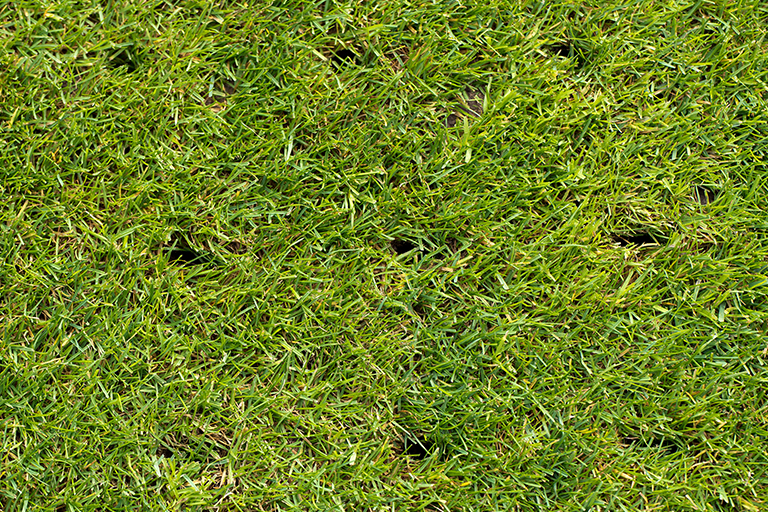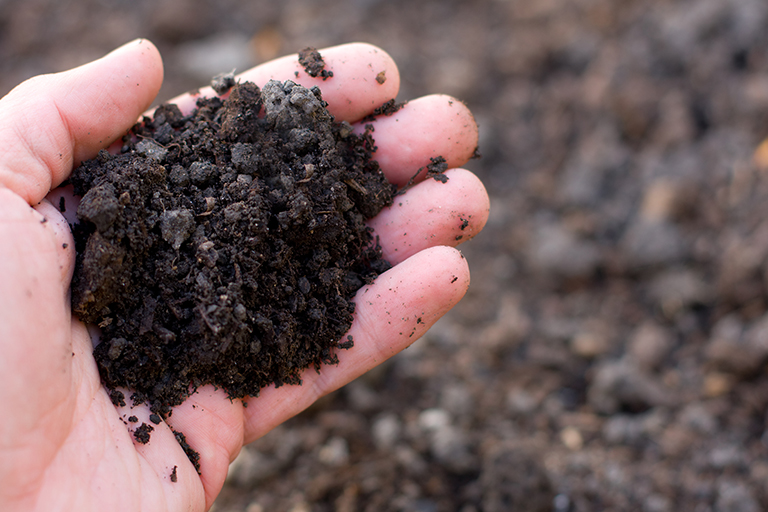You spend hours during the summer keeping your garden looking healthy and attractive. Trimming bushes and mowing the lawn in a timely manner is high on your to-do list during the warm months. Here in the upper Midwest, the winter months can include some very cold weather.
Taking precautions to protect your landscaping before this cold, snowy part of the year begins will help give you a head start for next spring and save valuable plants.
Here are several garden care tips to get you started:
Garden Care Tips — Plant Preparation
-
- Perennials — These plants will hibernate during the winter months and grow back next spring. There are some differences between plants, but most don’t need much preparing in the fall. Adding mulch and minor cutting back will do fine to get perennials through winter weather.
- Annuals — Flowerbeds containing annuals need more preparation to ensure a good startup in the spring.
- Covering plants with garden fabric will prevent damage from light frost during the fall.
- Pull out and discard dead plants after a late-fall hard frost.
- A 3 to 4-inch covering of mulch is usually adequate, but a 2-inch layer is better for germinating new seeds in the spring.
- Any diseased plants should be removed and discarded at this time.
- Roses — Most roses will do fine with a covering of mulch around the base area, but the more fragile varieties do better with a protective covering.
- Trees and Shrubs — Older trees and shrubs do not need fertilizer, but mulching is still helpful. After the first freeze spread a 6 inch cover of organic mulch, such as dry leaves. Young plants, that are approximately one year old, can benefit from fertilizer.
Garden Care Tips— Lawn Preparation
- Clear debris and rake leaves — Grass cuttings and leaves need to be raked to prevent stunting new grass growth. Branches and twigs also should be removed from the lawn. Leaving the grass covered with debris can kill new and established grass if left there for extended time.
- Grass Cutting — Experts do not agree whether cutting the lawn shorter or leaving grass slightly longer is more beneficial over the winter months. Some say cutting to a shorter length will keep pests away and increase new growth. Others argue that leaving grass longer during the cold months is better protection for your lawn.
- Fertilize and Aerate — Fertilizing before the first freeze will ensure nutrients are in place when roots begin growth during early spring. Waiting till next season may be too late if there is a late spring freeze.
Fall preparation is essential to have a healthy spring for your garden. Hopefully, these garden care tips will get you started on your way to a great spring Spending some time before winter begins can save you money and time next season trying to restore your yard to a well-maintained appearance. Outdoor activities will be more enjoyable and the value of your property will increase with improved curb appeal.










